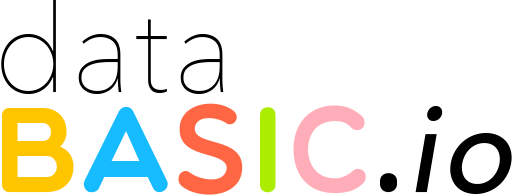Catherine D’Ignazio
Catherine D’Ignazio is the director of the Data + Feminism Lab and an Assistant Professor of Urban Science and Planning at MIT’s Department of Urban Studies and Planning. She also goes by “Kanarinka.”
Before MIT, D’Ignazio was an Assistant Professor of Data Visualization and Civic Media at Emerson College in the Journalism Department, and was teaching in the Digital + Media graduate program at Rhode Island School of Design. She has also done freelance software development for over 10 years. She holds an MS from the MIT Media Lab, an MFA from Maine College of Art, and a BA in International Relations from Tufts University.
Catherine is very passionate about social justice. One project I really admire is her creation of “DataBasic.io,” which simplifies data analysis for policymakers, journalists, and people who are unfamiliar with advanced data analysis tools. I admire how the program automatically finds patterns in data that people can incorporate into their storytelling. I think there is great potential for creating change and creates equity for people that are less familiar with code, computer science, and data analytics.

Another project I admire is Catherine’s book called “Data Feminism,” which discusses the importance and power of data in today’s society. Most of the discourse about data is dominated by white men, and are often used for militaries, war, and Catherine gives a feminist perspective on the topic, like incorporating emotion into data, and using data to further social justice causes for female equity.
Some strategies Catherine uses to present her work is the use of statistics and data to support her point. For example, she uses statistics of the percentage of white men who work in data analysis, to demonstrate how there is a need for more women in the data analytics field so there is less bias. I can learn from Catherine by using statistics to tell a story and support why there is a need for my work and why it is important.
![[OLD FALL 2020] 15-104 • Introduction to Computing for Creative Practice](../../../../wp-content/uploads/2021/09/stop-banner.png)